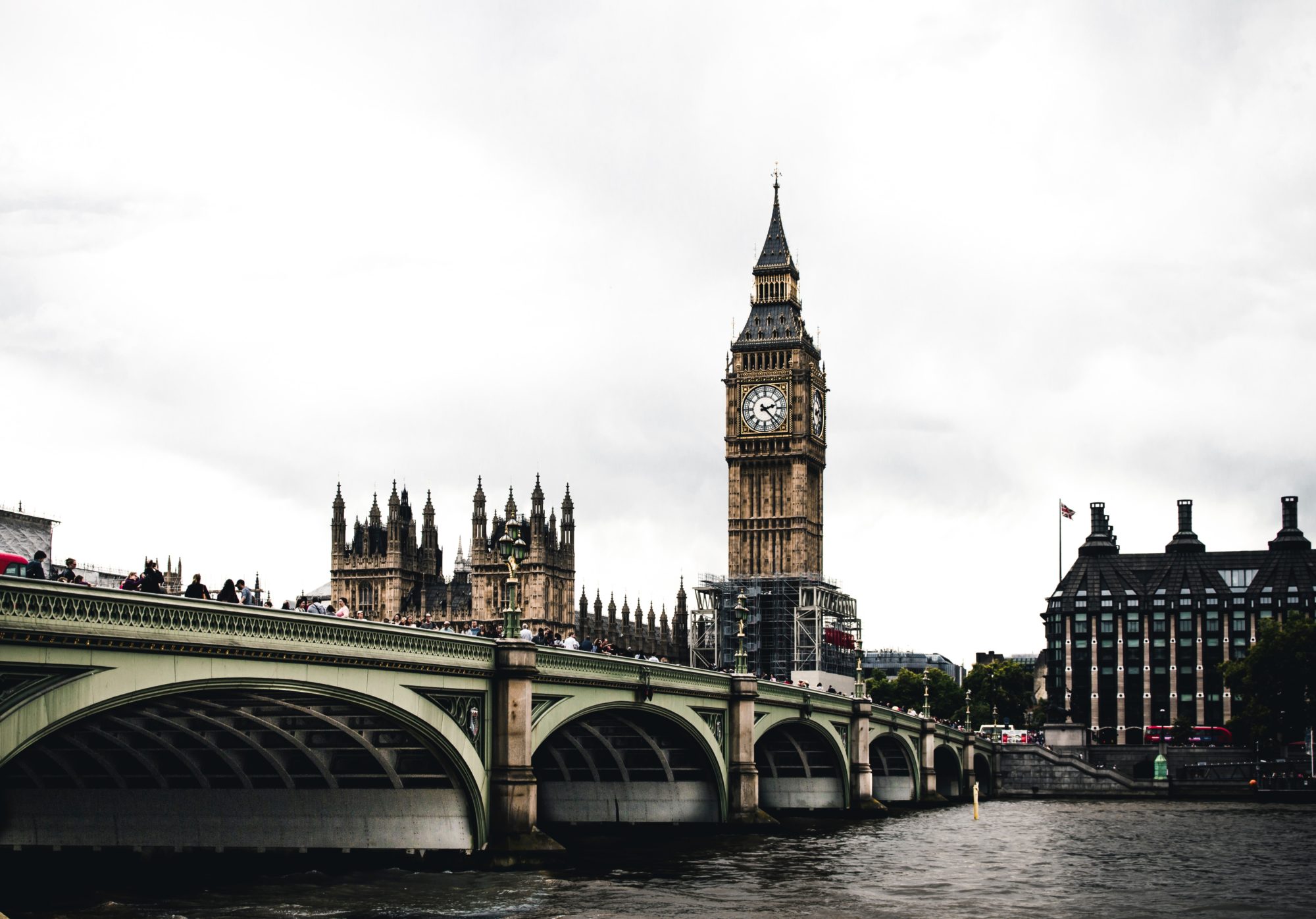Sir Kim Darroch, British Ambassador to Washington, has resigned. His crime? Saying – in private correspondence with London – what we all know to be true: the Trump White House is “dysfunctional” and “unpredictable,” while the president himself “radiates insecurity.” The leaked comments provoked a furor in London and Washington.
Of course, Sir Kim was just doing his job. All ambassadors provide private observations about the policies and personalities of the leaders with which they interact. It would be diplomatic malpractice if they didn’t. And he was further doing his job when he decided to resign rather than potentially worsen relations between the US and UK at a critical time.
But the whole situation tells us a lot about the near-term future of US-UK relations. That future, which hinges on personalities and on the President’s illogical but unshakable drive for a no-deal Brexit, looks increasingly dim.
FOR WHOM THE TRUMP TWEETS
In any other administration, Sir Kim’s comments probably wouldn’t have been worth leaking. There’s nothing strange about him privately assessing US leaders. After all, during the Wikileaks scandal – which saw thousands of US diplomatic telegrams leaked – most governments shrugged at such assessments, accepting them as a standard part of diplomacy and focusing instead on other issues.
The only juicy part of this scandal was that Sir Kim seemed to present Her Majesty’s Government with an honest and accurate portrayal of the Trump White House. And almost as if to prove his point, it was Trump’s erratic tweets that were far more a break with diplomatic norms.
The whole scandal is petty and pointless. But the implications for the future of the US-UK relationship are worrying.
He didn’t just take a swipe at the ambassador; Trump also called Prime Minister Theresa May “foolish” and again criticized ongoing Brexit negotiations. He even suggested that US diplomats would no longer deal with Sir Kim, perhaps the first time anyone has been potentially declared persona non grata by tweet, and leaving State Department diplomats unsure if they should continue to deal with the ambassador.
The reaction from some in London was also worrying. Downing Street issued a strong statement of support for Sir Kim. But while Jeremy Hunt – Foreign Minister and contender in the ongoing Tory leadership race – also stated his support, his opponent in that race did not.
Boris Johnson, perhaps the most likely candidate to become conservative leader and the next British Prime Minister, waffled and refused to commit to keeping Sir Kim in his job. Not only does that suggest a worrying willingness by Johnson to kowtow to Washington, it leaves British diplomats around the world unsure whether they could be jettisoned by his government, simply for doing their jobs.
TEMPEST IN A TEAPOT?
The whole scandal is petty and pointless. But the implications for the future of the US-UK relationship are worrying. For starters, that relationship is likely to be shaped strongly by the outcome of the conservative leadership race, and by the outcome of Brexit. Indeed, both personality and Brexit go some way to explain why the president – despite his stated affinity for the UK – has nonetheless had such poor relations with Theresa May’s government.
Trump has made no secret of his preference for a no-deal Brexit, and his personal appreciation for Boris Johnson. In the event of a Johnson win, Trump is likely to be far warmer towards London. Jeremy Hunt, on the other hand, has been clear about the risks of a no-deal Brexit, and somewhat willing to criticize Trump. Neither attitude is likely to buy him friends in the Trump White House.
Even if Johnson wins, it’s not clear what his willingness to bend to Trump’s whims is going to get him. Theresa May’s government did everything humanly possible to woo the White House, hoping to score a trade deal with the United States to offset the costs of Brexit and improve its bargaining position with Brussels. But even repeatedly rolling out the red carpet (and the royal family) has produced few dividends.
Despite the personal affinity, it’s not clear that Johnson could achieve more. Even if he does go down Trump’s preferred route – a no-deal Brexit with potentially catastrophic results for the British economy – there’s little appetite for a comprehensive US-UK trade deal inside the administration. And there are many potential deal breakers, from conflicts over agriculture to Washington’s insistence that healthcare be on the table in debates.
“DIPLOMATICALLY CLUMSY AND INEPT“
To be sure, even the Trump administration’s pathologies aren’t likely to derail the long-term, institutionalized relationship between the United States and the UK. That relationship closely links military and intelligence in both countries, and is far more operational than political.
But the souring of US-UK relations over such petty matters is a concern for both countries. For the UK, maintaining good relations with the United States during Brexit is a must. And for the United States, a rift with the UK weakens our diplomatic influence in Europe at a time where the continent is increasingly going its own way on foreign policy issues from Iran to China.
It’s a reminder of the mercurial nature of the Trump presidency, where flattery buys friendly relations, even with the world’s worst autocrats, and where important issues of foreign policy and national security are subordinated to the President’s personal whims and tastes. Sir Kim was absolutely right about the Trump administration. But that’s small comfort for policymakers in London.





















